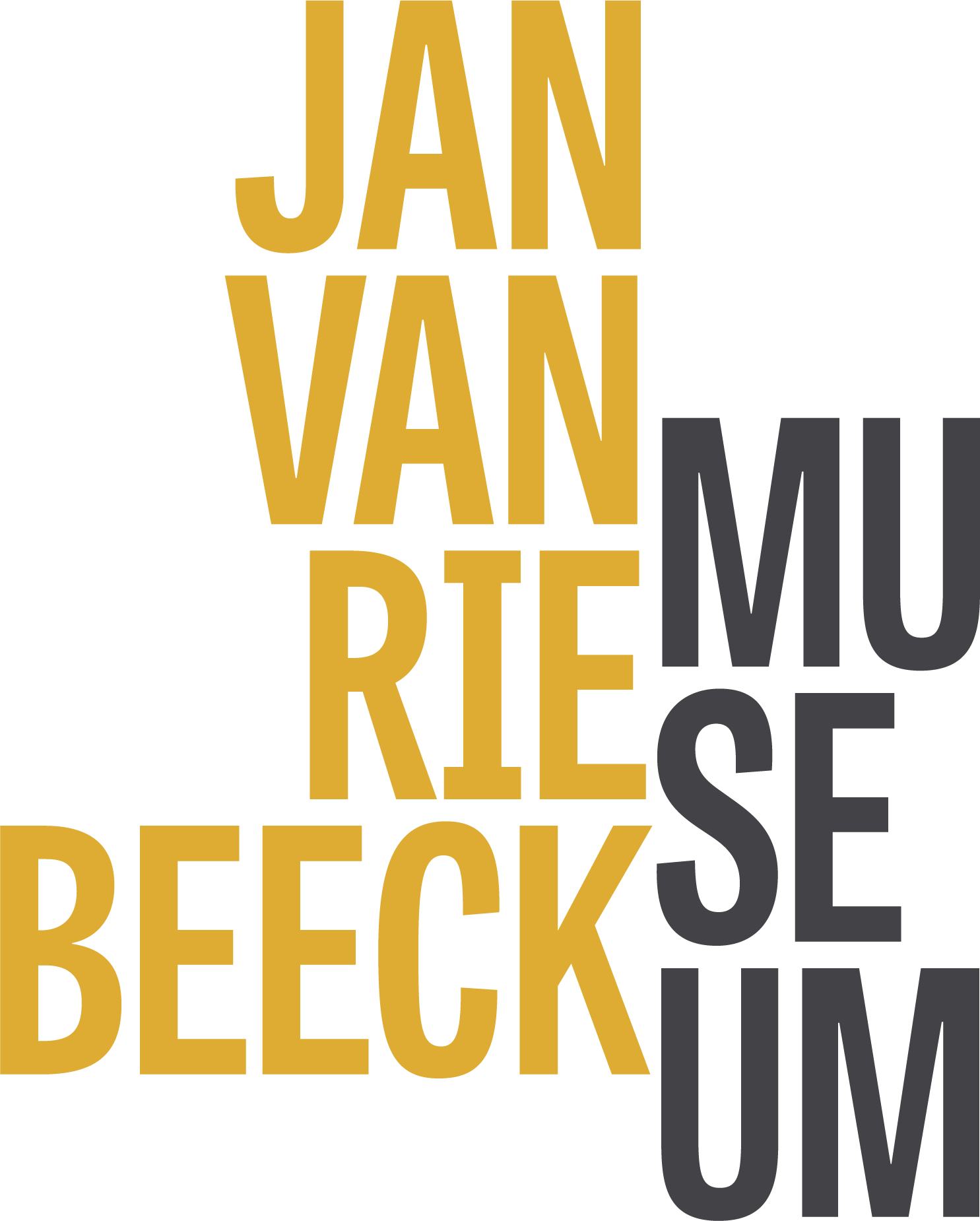The museum continually acquires new works by gift or by purchase that expand the stories that we tell in our galleries.
For Ego Painting, Faith Ringgold borrowed a compositional format from Kuba textile designs of the Democratic Republic of Congo to create a multiplicity of word associations. Part of her Black Light series, through which the artist addressed blackness as both a color and a precarious social identify, Ego Painting features equally dark colors placed directly adjacent to one another, emphasizing their contrast and idiosyncrasy. It is one of the first works by Ringgold to incorporate text in its composition and is the first painting by the artist to enter the museum’s holdings.
Intimately scaled crosses, such as this newly acquired work, were extremely popular devotional objects in 17th-century Spain. This example is exceptional as it is dated and signed by a female artist, María Josefa Sánchez. Very little is known about Sánchez; she was active 1639–49, probably in Castile, and the only works currently attributed to her are four other crucifixes.
The works that Dutch painter Gerrit van Honthorst created during and after his studies in Rome often feature candlelight or torchlight in night scenes, presenting a gentler, more meditative variation on the dramatic light effects employed by his Italian peers. This painting expands the range and complexity of the Art Institute’s collection of Dutch paintings. Moreover, as a character or head study—called a tronie, in the parlance of the day—it complements our great Rembrandt, Old Man with a Gold Chain (1631).


